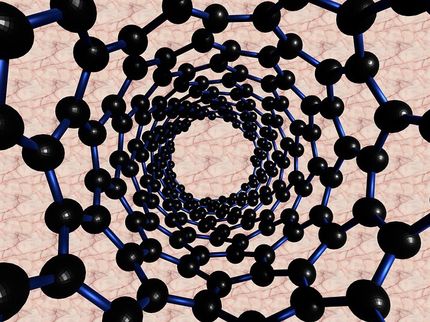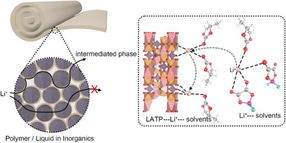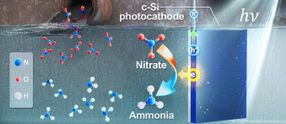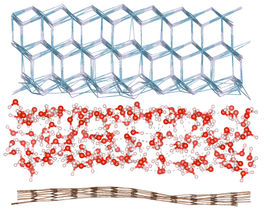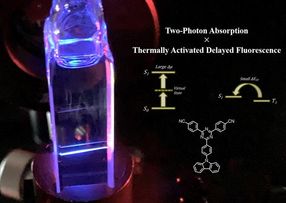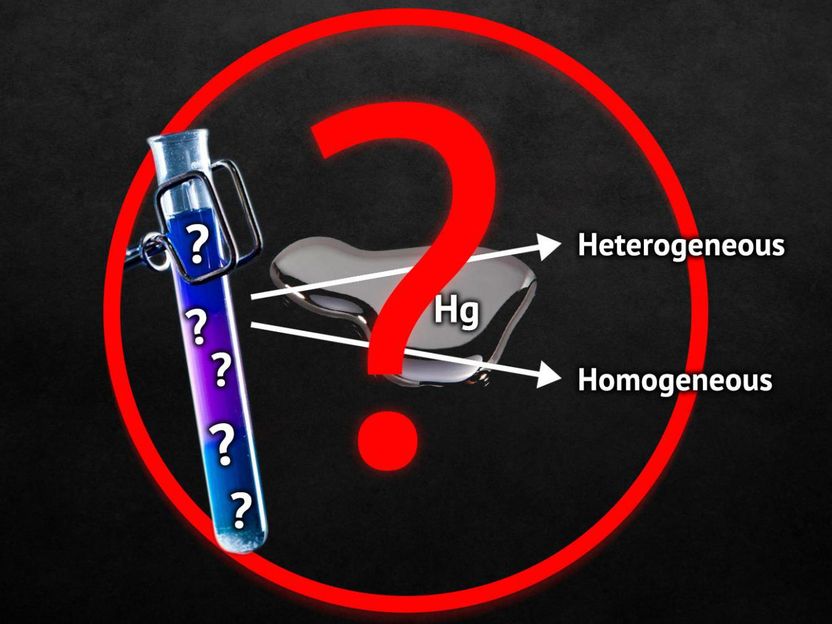UNC scientists develop promising new X-ray device using carbon nanotubes
Advertisement
Scientists at the University of North Carolina at Chapel Hill and a UNC start-up company, Xintek, Inc., have invented a new X-ray device based on carbon nanotubes that emits a scanning X-ray beam composed of multiple smaller beams while also remaining stationary. As a result, the device can create images of objects from numerous angles and without mechanical motion, which is a distinct advantage for any machine since it increases imaging speed, can reduce the size of the device and requires less maintenance.
A report on the promising invention appears in Applied Physics Letters. The physicists already have received U.S. patents on elements of the work and expect more to be granted.
"This technology can lead to smaller and faster X-ray imaging systems for airport baggage screening and for tomographic medical imaging such as CT (computed tomography) scanners," said Dr. Otto Zhou, Lyle Jones distinguished professor of physics and materials sciences in UNC's College of Arts and Sciences.
Industrial and university researchers around the world are now developing new devices using the nanotubes, such as field emission flat panel displays, high-strength composites and high energy-density batteries. The UNC researchers demonstrated that carbon nanotubes might be used as X-ray sources and received their first patent in 2000. Prior to that, conventional X-ray tube design had not changed much in a century.
The nanotube X-ray technology allows the device to be operated at room temperature rather than at the 1,000 degrees Celsius that conventional sources require. It can also be operated as a high-speed X-ray camera, capturing clear images of objects moving at high speed. The team has now received two U.S. patents on the general concepts of nanotube X-rays. Xintek, the UNC spin-off, is working with several manufacturers to commercialize the technology.
Most read news
Topics
Organizations
Other news from the department science

Get the chemical industry in your inbox
By submitting this form you agree that LUMITOS AG will send you the newsletter(s) selected above by email. Your data will not be passed on to third parties. Your data will be stored and processed in accordance with our data protection regulations. LUMITOS may contact you by email for the purpose of advertising or market and opinion surveys. You can revoke your consent at any time without giving reasons to LUMITOS AG, Ernst-Augustin-Str. 2, 12489 Berlin, Germany or by e-mail at revoke@lumitos.com with effect for the future. In addition, each email contains a link to unsubscribe from the corresponding newsletter.



